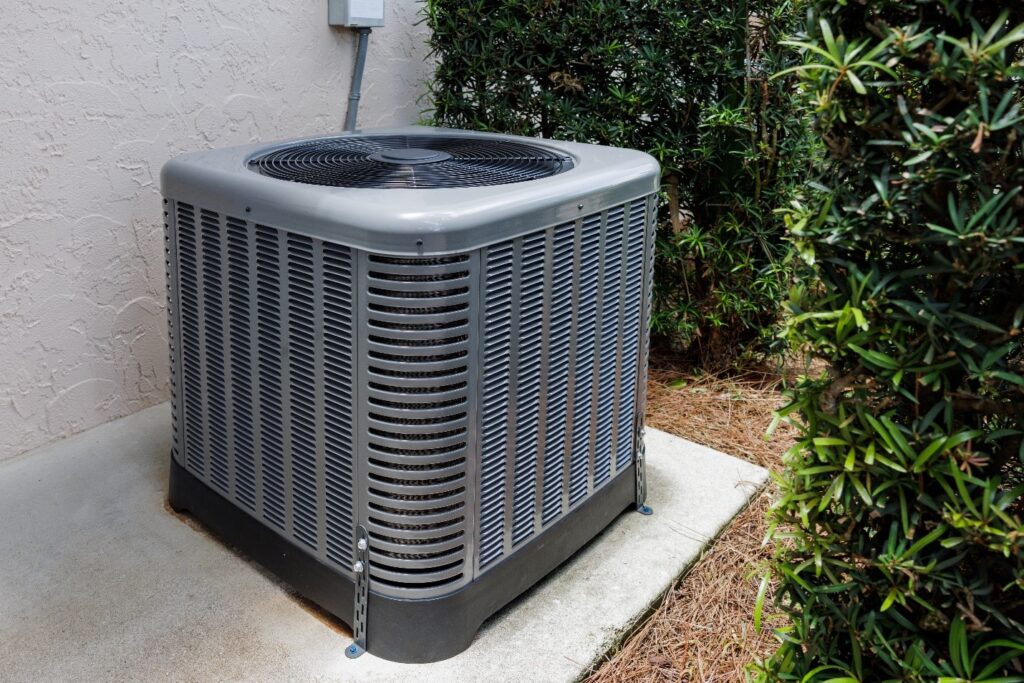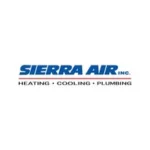Finding the right size air conditioner for your home is crucial to stay comfortable without breaking the bank. Oversized AC units can waste energy and deliver subpar cooling results, while undersized ones struggle to meet performance demands.
To ensure maximum comfort and efficiency, take the time to find an AC that fits your home’s unique needs.
Understanding BTU Outputs
When looking for an air conditioner, you will likely come across BTU outputs, or the measure of energy an AC unit uses to cool a room. While many may think that the highest BTU output will provide the most efficient cooling, this is not always true.
What is BTU?
BTU, also known as British Thermal Unit, is a unit of energy commonly used in the United States and other countries to measure the amount of energy required to raise the temperature of one pound of water by one degree Fahrenheit.
Why Are They Used?
Air conditioners use BTUs to indicate the efficiency of their cooling capacity. This capacity signifies the amount of heat an air conditioner can eliminate from a given space in a specific period.
How to Check Your AC’s BTU
Your AC’s BTU rating should be on the same label where you’ll find your manufacturing date and model number. If you’re unsure which label to look for, consult your owner’s manual. Alternatively, you can search for the model number online and find the BTU output with a simple search.
Does One Size Fit All?
Not all ACs are the same. The size of an air conditioner needed for a particular space will depend on several factors, such as the size of the space, the number of people occupying the space, the amount of insulation in the building, the local climate, and the amount of direct sunlight the area gets.
Types of Central Air Conditioners
If you’re in the market for a new air conditioning unit, there are many different types to consider. Below, you’ll find a list of the most commonly used central air conditioning systems.

- Split Systems – This is the most common type of central air conditioner, where an outdoor unit contains the condenser and compressor, and an indoor unit contains the evaporator.
- Packaged Systems – This type of central air conditioner is used when there is limited space for a split system. In a packaged system, all components are housed in one unit, usually installed on the roof or a concrete slab outside the home.
- Ductless Mini-Split Systems – These AC units are similar to split systems but do not require ductwork. Instead, individual units are installed in each room that needs cooling and connected to an outdoor unit. Each unit can be controlled separately and is ideal for homes that do not have ductwork or for those who want more control over individual room temperatures.
- Heat Pumps – Heat pumps use the same principles as air conditioners but can also run in reverse to provide heating. They are an efficient way to heat and cool a space and use less energy than traditional AC units.
Understanding Energy Efficiency Ratings
The most common rating system for AC units is the Seasonal Energy Efficiency Ratio (SEER). This rating measures the cooling efficiency of the AC unit over a season. The higher the SEER rating, the more energy-efficient the unit is.
Purchase Considerations
When choosing an air conditioning system, several factors must be considered to select the most suitable option.
Price Range
One of the first things most people consider when buying an AC unit is the price range. Depending on your budget, you can choose from various options, including window units, portable units, or central air conditioning systems. Portable units usually cost the least, while central air conditioning systems are more expensive.

Financing
If you don’t have the funds to pay upfront for a new AC unit, financing is an option to consider. Many companies offer financing programs that allow you to pay for the unit over a set period of time.
Tax Credits
Some eco-friendly AC units that meet certain energy efficiency requirements may qualify for federal tax credits. This can be significant savings for homeowners, but it’s important to check with your local government before making a purchase to ensure it qualifies for the credit.
Rebates
Rebates are another option worth considering, especially if you live in a region with high energy costs. Many utility companies offer rebates for purchasing an energy-efficient AC unit or upgrading your home to improve energy efficiency. These rebates can range from a few hundred dollars to several thousand, depending on the unit and the region.
Looking for a way to keep cool this summer without breaking the bank? With a better understanding of energy-efficient ratings and the different options available, you’ll be well-equipped to find the perfect air conditioning system for your home for less.
Call Sierra today for help with any of your air conditioning needs or questions.




